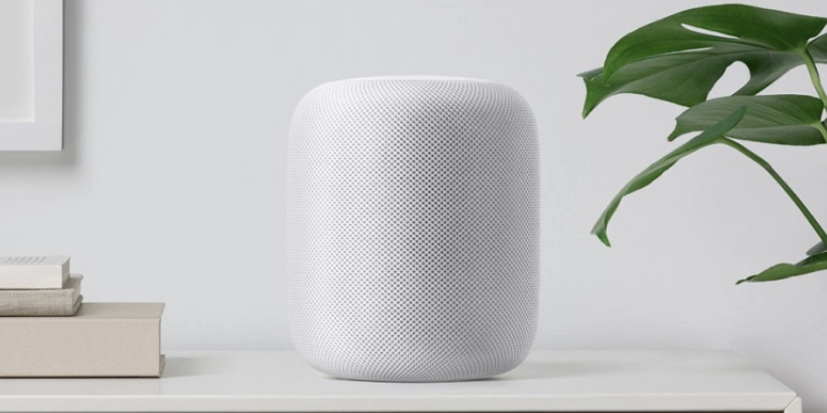 3762
3762
 2017-10-31
2017-10-31
With the flurry of buzz and excitement swirling around the impending iPhone X launch, it’s easy to forget that we’re just a few short weeks away from Apple releasing the HomePod, its brand new smart home speaker system. Set to launch in December with a sticker price of $349, the HomePod is being positioned as a premium smart speaker with unrivaled acoustics.
Thanks to the acoustic engineering that went into the HomePod, which is impressive in its own right, Apple’s HomePod can handle a variety of Siri-based requests.
HomePod is designed for voice control with an array of six microphones, so users can interact with it from across the room, even while loud music is playing. By saying, “Hey Siri, I like this song,” HomePod and Apple Music become the perfect musicologist, learning preferences from hundreds of genres and moods, across tens of thousands of playlists, and these music tastes are shared across devices. Siri can also handle advanced searches within the music library, so users can ask questions like “Hey Siri, who’s the drummer in this?” or create a shared Up Next queue with everyone in the home. HomePod.

Unfortunately, the HomePod’s capabilities outside of the Apple’s music realm is somewhat more limited than some were hoping for. At launch, Siri won’t be able to interact with apps like Spotify, Uber, or handle a Skype call.
iOS 11.2 introduces SiriKit for HomePod, the powerful speaker that sounds amazing, adapts to wherever it’s playing, and provides instant access to Apple Music. HomePod is also a helpful home assistant for everyday questions and tasks. With the intelligence of Siri, users control HomePod through natural voice interaction. And with SiriKit, users can access iOS apps for Messaging, Lists, and Notes. Make sure your SiriKit integration is up to date and test your app’s voice-only experience today.
With December fast approaching, we’ll likely learn more about the HomePod’s capabilities and limitations sooner rather than later.
Source: bgr